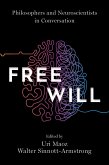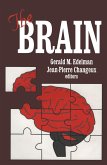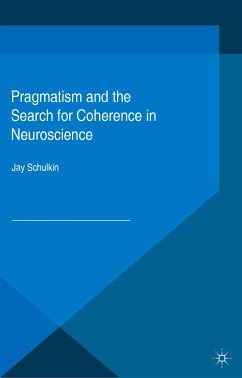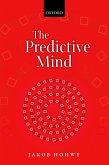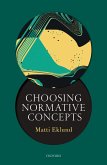Concepts are how we classify things in the world and organize our knowledge about them. But concepts also lead us astray, driving lazy overgeneralizations and housing unpleasant prejudices. This book draws on the latest scientific research to construct a philosophical theory of how concepts do the job of structuring the way we see the world.
Dieser Download kann aus rechtlichen Gründen nur mit Rechnungsadresse in A, B, BG, CY, CZ, D, DK, EW, E, FIN, F, GR, HR, H, IRL, I, LT, L, LR, M, NL, PL, P, R, S, SLO, SK ausgeliefert werden.




